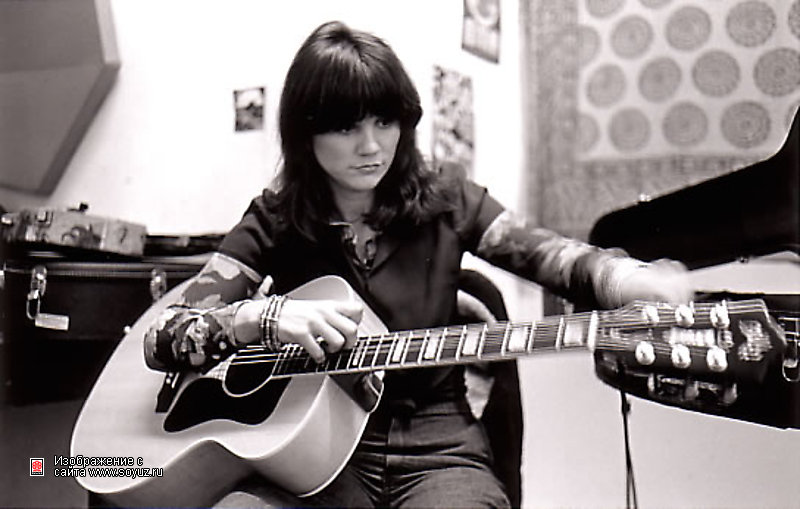
A Ballad of Vulnerability: Where Dignity Yields to the Desperate Plea of Love
When Linda Ronstadt released “Love Has No Pride” in 1973 as part of her seminal album Don’t Cry Now, she didn’t merely cover a song — she excavated its emotional marrow and offered it, raw and trembling, to a generation well-acquainted with heartbreak. Though it wasn’t a chart-topper by commercial standards, the song carved its niche in the emotional topography of American music. Ronstadt’s version reached modest placement on the Billboard Hot 100, but its true impact lay beyond statistics; it became one of her most haunting performances, echoing long after its last note faded.
Originally penned by Eric Kaz and Libby Titus, “Love Has No Pride” was first recorded by Bonnie Raitt in 1972. Yet it was Ronstadt’s interpretation that lifted the composition into a more tragic, operatic register. Her voice, simultaneously restrained and brimming with ache, became the lens through which listeners experienced the full, soul-stripping implications of unrequited love. On Don’t Cry Now, a pivotal album that marked Ronstadt’s transition from country-rock upstart to interpretive powerhouse, this song stands as a slow-burning centerpiece — a masterclass in emotional surrender.
The lyrical terrain of “Love Has No Pride” is stark and unadorned, its honesty cutting through like wind across a barren plain. “I’ve come to you on my knees,” she sings — not as metaphor, but as lived experience. This is not a lover holding onto hope; this is a woman crumpled at the altar of lost love, fully cognizant of her diminished self-worth and yet unable to retreat from longing. The refrain, “If I could buy your love, I’d truly try my friend,” exposes the song’s core paradox: dignity dissolving beneath the weight of desire. It’s an anthem not for empowerment, but for those haunting hours when pride has been exhausted and only silence remains.
Musically, the arrangement mirrors this emotional unraveling. There are no grand flourishes here — just spare instrumentation: mournful pedal steel guitar, gentle piano chords, and rhythms that seem to hesitate as much as they move forward. This restraint allows Ronstadt’s voice to hover in that fragile space between confession and collapse. She doesn’t sing at you — she sings from within you.
In her capable hands, “Love Has No Pride” transcends its origins as a beautifully written country-soul ballad and becomes something elemental — like rain falling on dry earth or the quiet after goodbye. It joined a lineage of torch songs that didn’t celebrate strength so much as they ennobled weakness, recognizing in our most broken moments something deeply human, even sacred.
Over time, the song has been covered by numerous artists across genres, but none have matched Ronstadt’s incandescent sorrow or her ability to turn desolation into art. Her rendition remains definitive — not because it is loudest or most dramatic, but because it dares to be utterly defenseless. In doing so, “Love Has No Pride” cements itself as one of the purest expressions of emotional nakedness in 20th-century popular music — an elegy for anyone who has ever begged for love with nothing left to offer but their undoing.